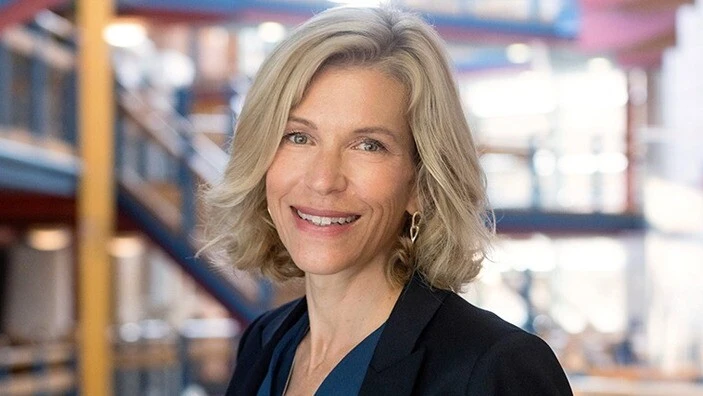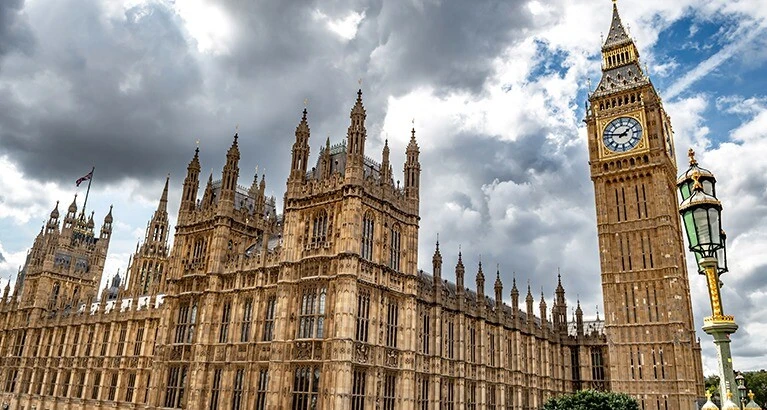
Workers need to develop a “new sense of normal for ourselves” to deal with recent generation-defining political, economic, societal and environmental crises including the pandemic, says a new article in Harvard Business Review co-authored by Professor Jennifer Howard-Grenville of Cambridge Judge Business School.
“Much that we once took for granted about the world of work has been called into question, and much that was previously unimaginable is now an everyday fact of life,” says the article, adding that rapid advances in artificial intelligence have “brought the future into the present much faster than most predicted”.
3 tips for leaders to prepare for the future of work
Leaders need to start thinking in new ways about:
- the who (the future of workers)
- the what (the future of working)
- the why (the future of work)
in order to understand and adapt to the forces reshaping work.
The article – entitled “3 ways to prepare for the future of work” – is co-authored by Jennifer Howard-Grenville, Diageo Professor in Organisation Studies at Cambridge Judge, and Laura Empson, Professor at Bayes Business School in London and a Research Fellow at Cambridge Judge.
Specifically, it calls on leaders to: “lead collectively through uncertainty” by bringing together a coalition across the organisation; “expand collective insight” by assembling multiple sets of stakeholders with competing interests; and “contain emotional uncertainty” by balancing individuals’ need for autonomy with a firm’s need for control.
Power of collective leadership to overcome challenges
“The organisations we belong to have changed, and so have we,” the article concludes. “Faced with cumulatively overwhelming challenges, it is tempting to turn away from them and try just to carry on as ‘normal’.
“But when the old sense of normal is no longer relevant, as is the case today in the world of work, we have to learn how to think clearly about what’s happening. We have to recognise that we will ultimately make sense of this difficult and exciting transformative period only by creating a new sense of normal for ourselves, one that accommodates rather than resists ambiguity and ongoing uncertainty. That’s simply not something we can do in isolation. But within our organisations, focusing on collective leadership, we can begin to do it together.”
Featured research
Howard-Grenville, J. and Empson, L. (2023) “3 ways to prepare for the future of work.” Harvard Business Review





